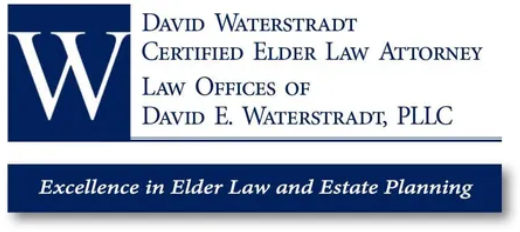
Contesting a Will: Who Can Do It and How It Works in Michigan
Can You Contest a Will in Michigan? Here’s What the Law Says
When a loved one passes away, their final wishes are often documented in a will. However, circumstances and disagreements sometimes lead to disputes over the validity or terms of the will. If you’re considering contesting a will in Michigan, it’s essential to understand who has the legal standing to do so and what the process involves.
Who Can Contest a Will?
In Michigan, not everyone can challenge a will; only certain parties with a recognized legal interest or stake in the estate have the standing to initiate a contest. These include:
- Possibly Disinherited Heirs or Beneficiaries: If a person was expected to inherit or was named as a beneficiary but was excluded, they may have grounds to contest the will.
- Potential Heirs by Intestacy: Individuals who would inherit under Michigan’s laws of intestate succession if no will were in place might contest the will if they believe it unjustly disinherits them.
- Creditors and Other Interested Parties: Creditors claiming owed debts or individuals with a financial interest in the estate may contest the will if they believe it improperly affects their rights.
- The Testator’s Spouse or Children: If they feel the will violates their statutory rights or was improperly executed, they may challenge it.
Reasons for Contesting a Will
Understanding valid grounds for contesting the will is the first step. Common reasons include:
- Lack of Testamentary Capacity: Arguing that the testator (the person who made the will) was not of sound mind when creating it, possibly due to mental illness, dementia, or intoxication.
- Undue Influence: Alleging that someone exerted improper pressure or influence over the testator, leading to a will that does not reflect their true wishes.
- Fraud or Forgery: Claiming the will was forged or obtained through fraudulent means.
- Improper Execution: If the will was not executed according to Michigan law (for example, lacking proper signatures or witnesses), it may be invalid.
- Revocation: Arguing that a later will or document revoked the previous one, making the contested will invalid.
How the Contesting Process Works in Michigan
1. Filing a Petition
Contestants must file a formal petition with the probate court in the county where the estate is being administered. The petition should clearly state the grounds for contesting the will and provide supporting evidence.
2. Probate Court Hearing
Once a petition is filed, the court will schedule a hearing. Both sides—those contesting and those defending the will—can present evidence, call witnesses, and challenge the validity of the document.
3. Evidence and Burden of Proof
The petitioner bears the burden of proving their claims by a preponderance of the evidence. This might involve expert testimony, documents, or witness accounts.
4. Court Decision and Outcome
The probate court will decide whether the will is valid or invalid based on the evidence presented. If found invalid, the estate may be distributed according to the rules of intestate succession or under a previous valid will.
Potential Outcomes of a Will Contest
- Will Upheld: The court finds the will to be valid, and the estate is distributed as specified.
- Will Invalidated: The court invalidates the contested will, and the estate is distributed according to a previous valid will or the laws of intestate succession if no earlier will exists.
- Partial Invalidity: Certain provisions of the will may be invalidated while others remain in effect.
Important Considerations
Contesting a will is often a complex, emotionally charged, and sometimes lengthy process. Michigan law sets specific time limits. The general statute of limitations requires that a will contest be filed within six months after the will is accepted for probate. Acts of fraud, undue influence, or incapacity can be difficult to prove and require substantial evidence.
Do You Have Questions About Contesting a Will in Muskegon, MI?
If you live in Fremont, Norton Shores, Whitehall, or Coopersville, MI, and you have questions about contesting a will, don’t hesitate to contact David E. Waterstradt. Click here to contact one of our representatives so we can discuss your options.







